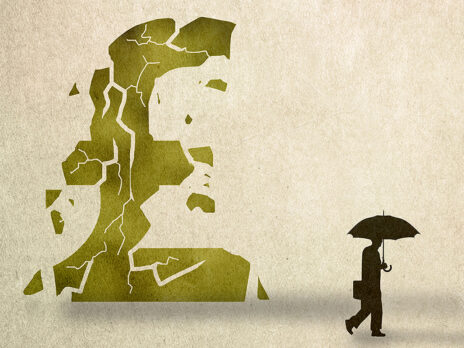
Is Rachel Reeves hiding her real tax plans?
The shadow chancellor is being careful to keep her options open on capital gains and new council tax bands.
ByNew Times,
New Thinking.

The shadow chancellor is being careful to keep her options open on capital gains and new council tax bands.
By
The 50 most influential people shaping Britain’s progressive politics.
By
Jeremy Hunt says the UK economy is back to “full health”, but Rachel Reeves claims we have gone from “no…
By
The three big ideas powering the next Labour government.
By
To reduce tax avoidance by £5.1bn by the end of the next parliament, Labour will need to invest as soon…
By
The party’s strategy to win power might make sense. But what happens when they win?
By
A little-noticed aspect of Rachel Reeves' Mais lecture could give Labour the fiscal headroom they need.
By
The Reeves doctrine looks like a more compelling political strategy than an economic one.
By
Labour’s decision to accept the government’s debt rule means a brutal spending squeeze unless it can deliver growth.
By
Rachel Reeves, Labour’s chancellor-in-waiting and chief ideologue, aims to establish a new economic consensus with an active state at its…
By
Rachel Reeves has ruled out additional tax rises and borrowing – does that mean bringing back austerity?
By
Labour will now pledge only to invest £4.7bn a year rather than £28bn.
By
Confusion over the £28bn-a-year green pledge is a sign Labour’s team is not working as it should.
By
The cap, which Rachel Reeves has said she won’t reinstate, doesn’t make a huge difference to the economy.
By
While the Labour leader is happy to reaffirm the figure, the shadow chancellor avoids it all costs.
By
The shadow chancellor’s refusal to reinstate the cap on bankers’ bonuses is a political signal.
By
Without economic growth, tensions between the leader and Rachel Reeves could emerge.
By
Even in office, the party would still want to fend off Tory economic attacks.
By
The party is desperate to avoid being painted as a party of higher taxes.
By
If the party wants strong economic growth it will need to think radically.
By